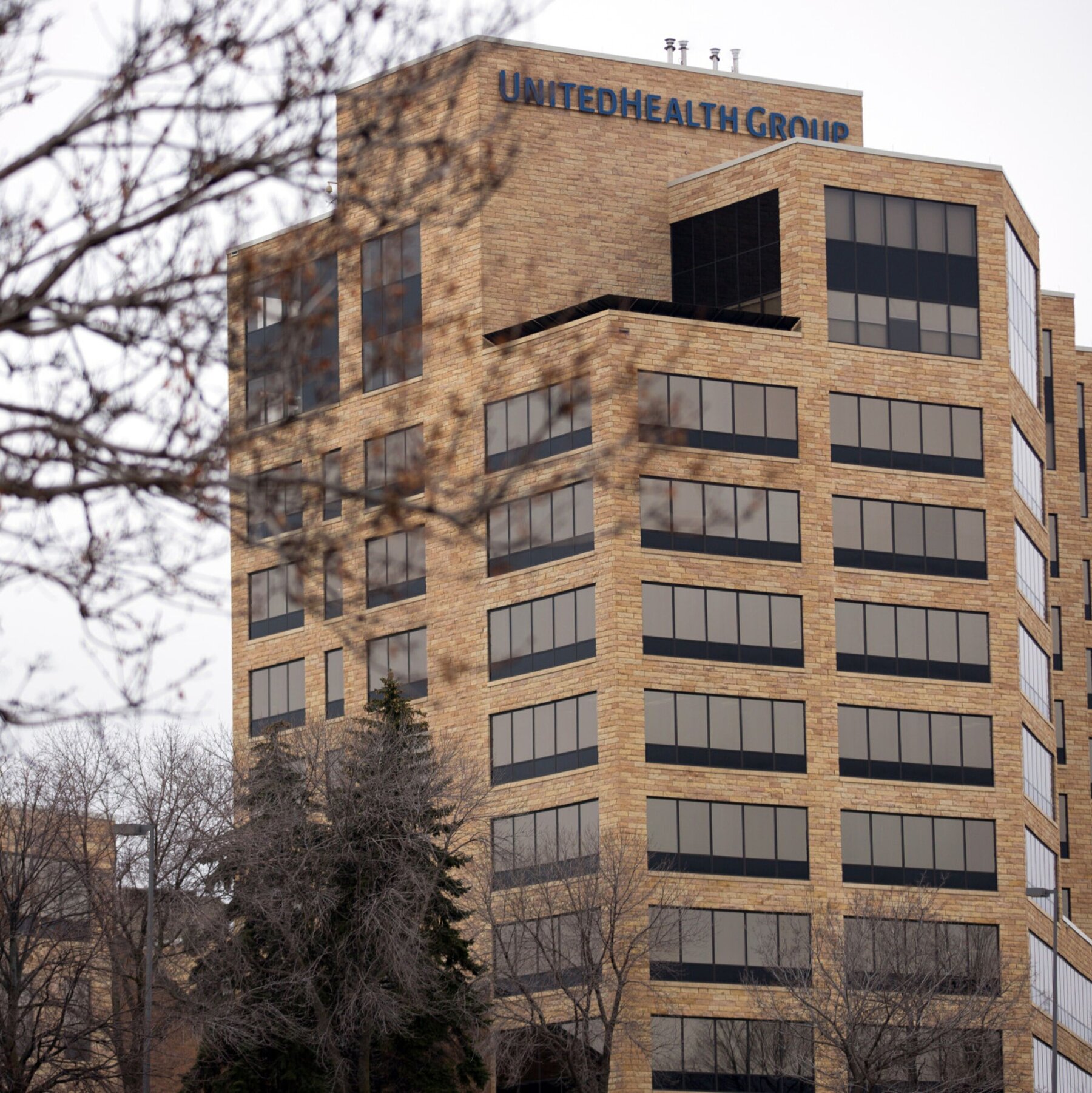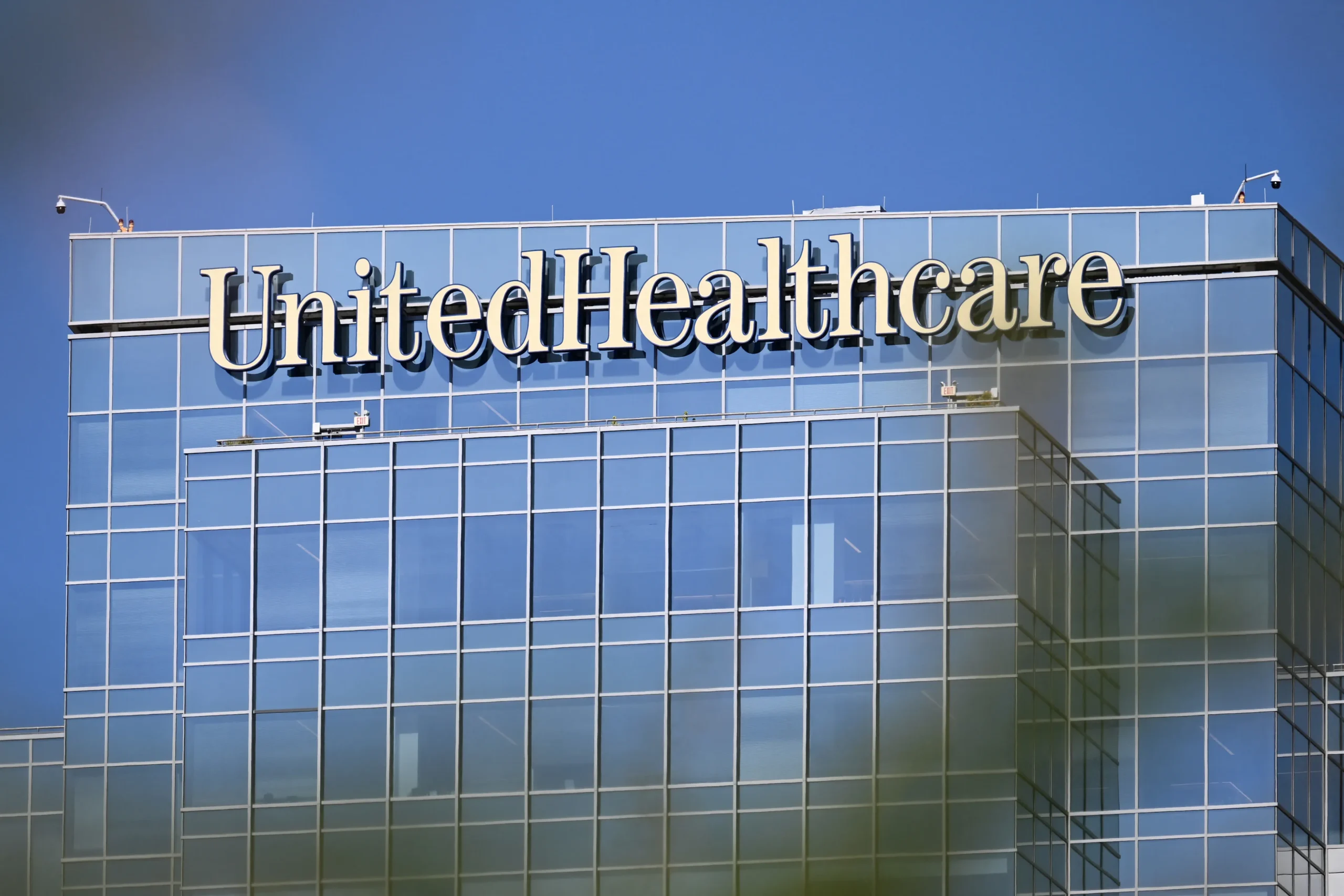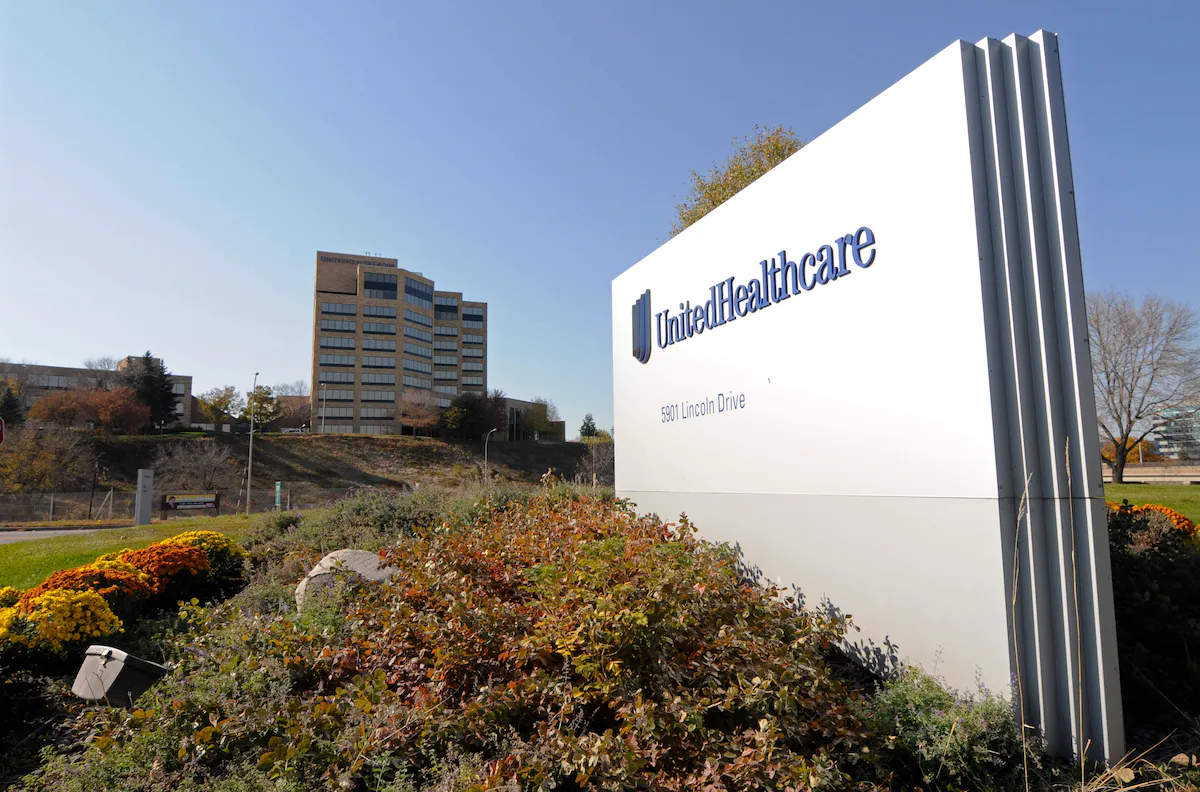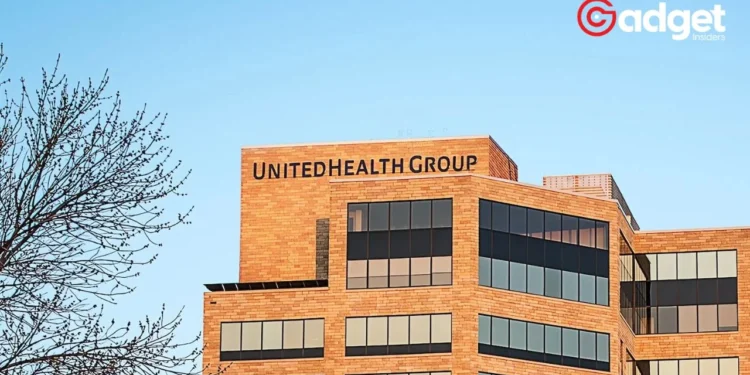In an era where digital fortitude is paramount, the healthcare sector faced a jarring wake-up call on February 21st, when the UnitedHealth Group’s technology unit, Change Healthcare, became the latest victim of a sophisticated ransomware attack. Orchestrated by the Russian-linked ALPHV/BlackCat ransomware group, this cyber onslaught forced UnitedHealth to sever connections with its online systems, spawning nationwide healthcare havoc.
The disruption led to an unprecedented backlog of electronic pharmacy refills and a halt in insurance payment transactions, plunging the US healthcare system into disarray. The aftermath of this cyberattack was not just a testament to the vulnerabilities in healthcare cybersecurity but also highlighted the economic strain on hospitals and healthcare providers.
In response to the crisis, the US government stepped in to offer a lifeline. It announced accelerated Medicare and Medicaid payments to the affected entities, aiming to mitigate the financial hemorrhage caused by the cyberattack. However, voices from the medical community argue that this measure, while necessary, falls short of addressing the magnitude of the crisis.
UnitedHealth: The Battle for Financial Survival in Healthcare
The fallout from the cyberattack has left a significant dent in the financial health of US healthcare providers. Smaller practices, already teetering on the edge of operational viability, find themselves in dire straits, unable to sustain without the regular inflow of payments.
Larger institutions, though initially resilient, are now beginning to feel the pressure, with patient care potentially at risk.

UnitedHealth, in an attempt to assuage the situation, introduced workarounds and launched a loan program for providers crippled by the payment gridlock.
Yet, the terms of this assistance have been criticized by notable figures, including AHA President Rick Pollack, who condemned the temporary measures as insufficient and the loan conditions as “shockingly onerous.”

The Demand for a Robust Response
The American Medical Association (AMA) and the American Hospital Association (AHA) have been vocal about their dissatisfaction with the government’s response.
“We appreciate @HHSGov & @CMSG gov for swift action on the Change Healthcare cyber incident. While the new flexibilities are a good start, we urge CMS to recognize that docs are experiencing financial struggles that threaten the viability of many practices,” the AMA posted on X Tuesday.
“The magnitude of this moment deserves the same level of urgency and leadership our government has deployed to any national event of this scale before it. The measures announced today do not do that and are not an adequate whole of government response,” Pollack said in an emailed statement.
We appreciate @HHSGov & @CMSGov for swift action on the Change Healthcare cyber incident. While the new flexibilities are a good start, we urge CMS to recognize that docs are experiencing financial struggles that threaten the viability of many practices. https://t.co/LvnjIvmRIg
— AMA (@AmerMedicalAssn) March 6, 2024
Rick Pollack’s statement conveyed a strong message to the Department of Health and Human Services (HHS) and the Centers for Medicare & Medicaid Services (CMS), urging a more decisive and comprehensive approach to support the healthcare providers grappling with the cyberattack’s aftermath.
The Shadow of Ransomware: ALPHV/BlackCat’s Exit
Complicating the crisis is the alleged ransom payment made by UnitedHealth to the tune of $22 million to the ALPHV/BlackCat syndicate, a move that has stirred controversy and debate within cybersecurity circles.
Following the transaction, ALPHV/BlackCat reportedly ceased operations, leaving behind a trail of disgruntled affiliates and unanswered questions about the fate of the stolen data.

UnitedHealth Group: A Call for Unity and Action
As the healthcare sector navigates through the turmoil unleashed by the cyberattack, the incident serves as a stark reminder of the cyber vulnerabilities that continue to plague critical infrastructure. The call for a unified, all-encompassing government response to support the affected healthcare providers resonates louder than ever.
The medical community’s plea for comprehensive assistance reflects a broader concern for patient care and the stability of healthcare services across the nation.
As UnitedHealth and Change Healthcare work towards recovery and securing their digital fortresses, the incident underscores the need for a proactive stance on cybersecurity, robust crisis management strategies, and a reaffirmed commitment to safeguarding the lifelines of healthcare in America.










